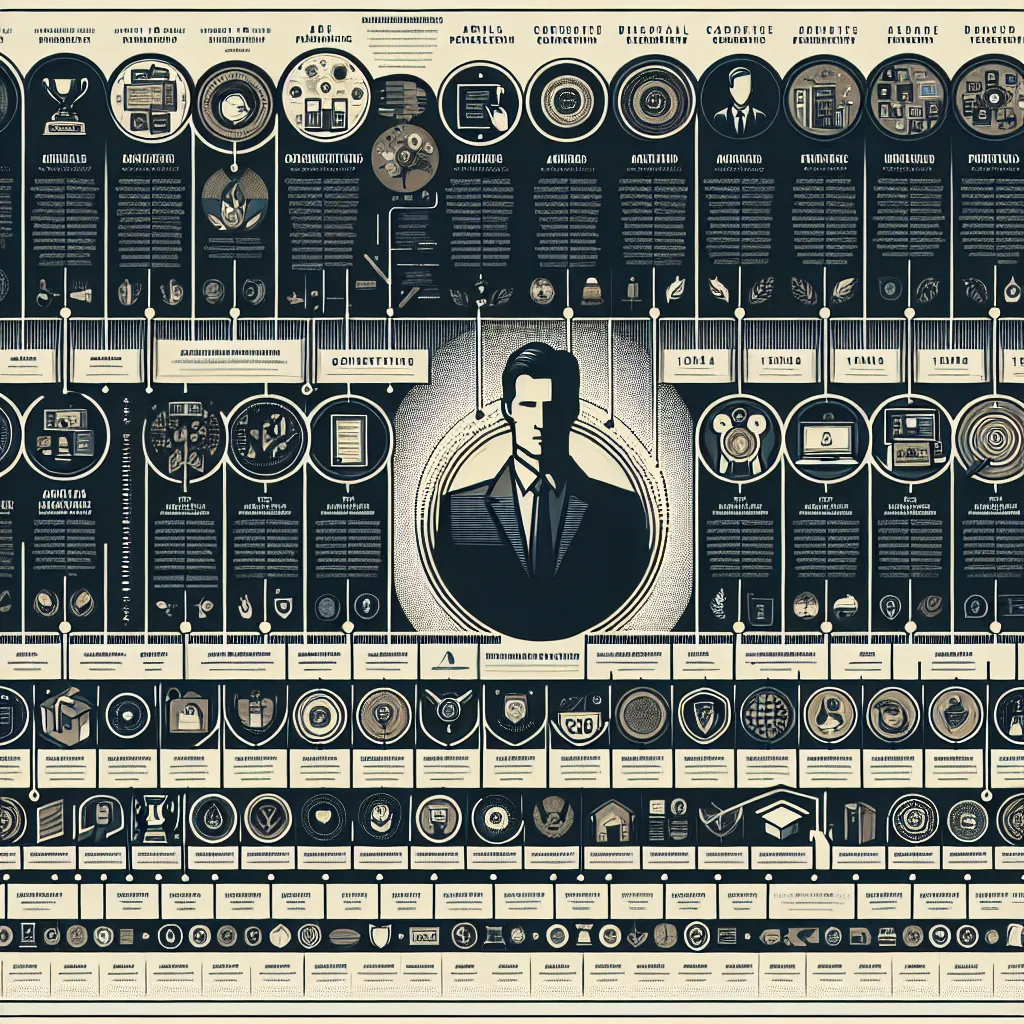In today’s globalized workplace, the ability to work effectively with diverse teams is a highly sought-after skill. When interviewing for a job, you may be asked to explain your experience in this area. This article will guide you through how to articulate your experiences and skills in working with diverse teams, helping you make a strong impression on potential employers.
Understanding the Importance of Diversity in the Workplace
Before diving into how to explain your experience, it’s crucial to understand why employers value diversity in their teams. Diverse teams bring together individuals with different backgrounds, perspectives, and skills, leading to increased creativity, innovation, and problem-solving capabilities. Companies that embrace diversity often see improved decision-making processes and better overall performance.
 Diverse team in a meeting
Diverse team in a meeting
What Employers Look for in Candidates
When assessing a candidate’s experience with diverse teams, employers typically look for:
- Cultural sensitivity and awareness
- Effective communication skills
- Adaptability and flexibility
- Conflict resolution abilities
- Appreciation for different perspectives
Crafting Your Response
When asked about your experience working with diverse teams, follow these steps to structure your answer effectively:
1. Provide Context
Start by briefly describing the diverse teams you’ve worked with. For example:
“In my previous role at XYZ Company, I was part of a cross-functional team that included members from five different countries and various professional backgrounds.”
2. Highlight Specific Experiences
Share concrete examples of your interactions with diverse team members. For instance:
“I collaborated with a team member from Japan on a project that required bridging cultural differences in communication styles. We successfully implemented a new product feature by combining our diverse perspectives.”
3. Discuss Challenges and Solutions
Be honest about challenges you’ve faced and how you overcame them:
“Initially, language barriers posed some difficulties in team meetings. To address this, I suggested implementing a system where we would circulate meeting agendas in advance and use visual aids during presentations. This greatly improved our communication and productivity.”
4. Emphasize the Benefits
Explain how working with diverse teams has positively impacted your work and personal growth:
“Working with such a diverse group has broadened my perspective and enhanced my problem-solving skills. I’ve learned to approach challenges from multiple angles and appreciate the value of different viewpoints in decision-making processes.”
5. Demonstrate Continued Learning
Show your commitment to improving your skills in working with diverse teams:
“I’ve also taken the initiative to attend cultural sensitivity workshops and language classes to better understand and communicate with my international colleagues.”
Common Interview Questions and Sample Answers
Here are some questions you might encounter in an interview, along with sample responses:
-
Q: Can you describe a situation where cultural differences led to a misunderstanding in your team?
A: “In a project with team members from various countries, we initially had differing expectations about meeting punctuality. Some team members viewed start times as flexible, while others expected strict adherence. To resolve this, we had an open discussion about cultural norms and agreed on a compromise that respected everyone’s perspectives while ensuring productive meetings.” -
Q: How do you ensure all team members’ voices are heard in a diverse group?
A: “I make it a point to actively seek input from all team members, especially those who may be less inclined to speak up due to cultural or personal reasons. I’ve implemented techniques like round-robin discussions and anonymous suggestion boxes to encourage participation from everyone.” -
Q: What strategies do you use to build rapport with team members from different backgrounds?
A: “I focus on finding common ground while respecting differences. I take time to learn about my colleagues’ cultures and backgrounds, showing genuine interest in their perspectives. I also organize team-building activities that celebrate our diversity, such as international potluck lunches.”
 Diverse team building activity
Diverse team building activity
Tips for Handling Unexpected Questions
If you’re asked about a situation you haven’t encountered or a specific cultural context you’re unfamiliar with, try these approaches:
- Be honest about your limitations while showing eagerness to learn.
- Draw parallels to similar experiences you’ve had.
- Discuss your general approach to new or challenging situations in diverse teams.
For example:
“While I haven’t worked directly with a team from that specific cultural background, I’m always eager to learn about new cultures. In similar situations, I’ve found that open communication, respect, and a willingness to adapt have been key to successful collaboration.”
Common Mistakes to Avoid
When discussing your experience with diverse teams, be careful to avoid these pitfalls:
- Stereotyping or making broad generalizations about cultures
- Focusing only on surface-level diversity (e.g., race or nationality) without addressing cognitive diversity
- Downplaying the challenges of working in diverse teams
- Overemphasizing your own role without acknowledging team efforts
- Neglecting to mention specific examples or outcomes
Follow-up Questions and How to Answer Them
Be prepared for these potential follow-up questions:
-
Q: How do you handle conflicts arising from cultural differences?
A: “I approach conflicts with an open mind and a focus on understanding different perspectives. I encourage open dialogue and, when necessary, involve a neutral mediator to help resolve issues fairly.” -
Q: Can you give an example of how diversity in a team led to a better outcome?
A: “In a product development project, our diverse team brought together insights from various markets, resulting in a more globally appealing product that outperformed our initial sales projections by 30%.” -
Q: How do you stay updated on global cultural trends and diversity issues?
A: “I regularly read international news, follow diversity-focused publications, and participate in cultural exchange programs within our company. I also attend webinars and workshops on cross-cultural communication.” -
Q: What would you do if you witnessed discrimination or exclusion in a diverse team?
A: “I would address the issue immediately, first by speaking privately with the individuals involved. If necessary, I would escalate to HR or management, always focusing on creating an inclusive environment and educating team members on the importance of respect and equality.” -
Q: How do you ensure that language differences don’t hinder team productivity?
A: “I advocate for clear, simple communication and the use of visual aids. I also encourage team members to ask for clarification when needed and provide resources like translation tools or language classes if necessary.”
Conclusion
Effectively explaining your experience in working with diverse teams is a valuable skill in today’s job market. By providing concrete examples, highlighting your adaptability, and demonstrating your understanding of the benefits of diversity, you can make a strong impression in your interview. Remember to be honest, reflective, and show your commitment to continuous learning and improvement in this area.
For more interview tips and strategies, check out our related articles on how to talk about your interpersonal skills in an interview and how to explain your approach to teamwork in an interview. These resources will help you further prepare for discussing your professional experiences and skills during job interviews.




